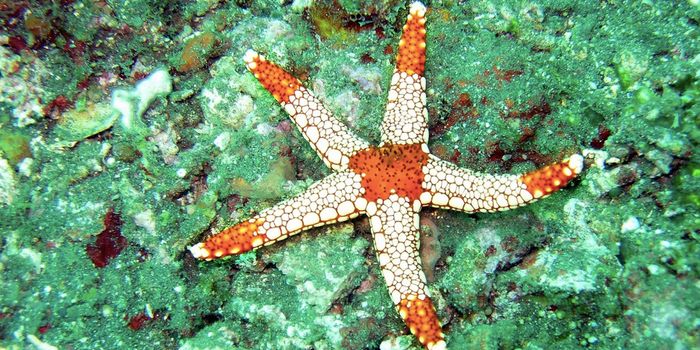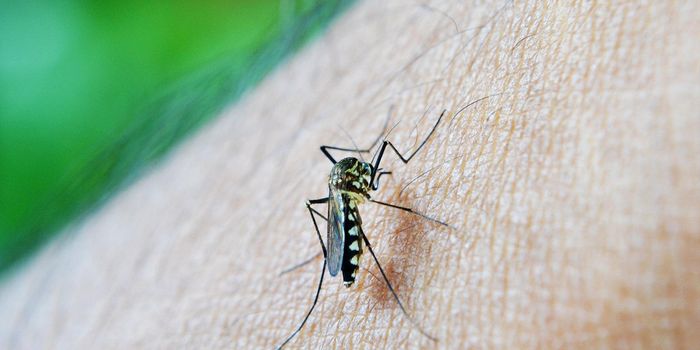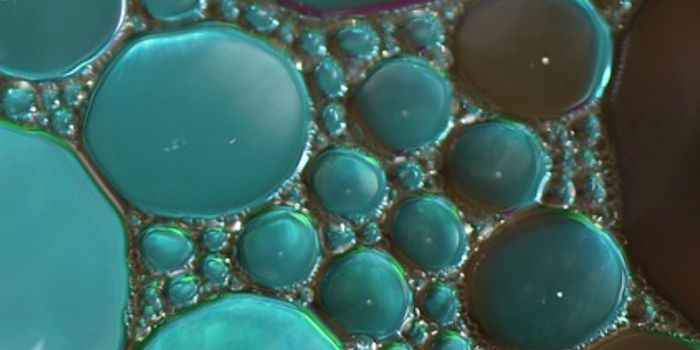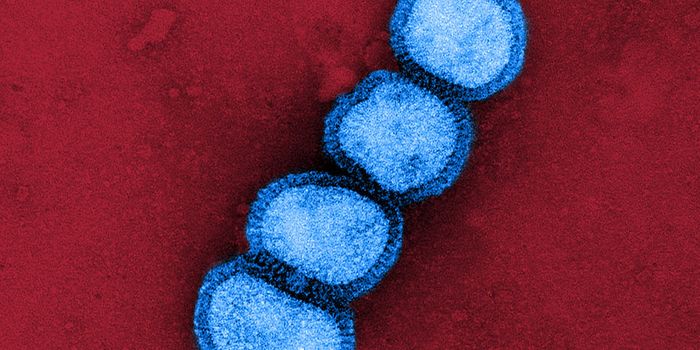Using the Microbiome to Diagnose or Treat Autism
Autism is a complex disorder that has sent researchers searching for what is causing it, as the rates continue to rise. Autism spectrum disorder (ASD) is diagnosed in about one in 54 children annually according to the Centers for Disease Research, and it can lead to many different issues that can impact social skills, communication, and self-control. While some genetic changes have been found in ASD patients, the exact reasons why it emerges are still unknown.
The microorganisms that live in the guts of organisms are critical to metabolism and nutrient absorption, among other things; it's known that the gut microbiome has a significant influence on human health and disease. The gut microbiome has also been connected to autism. Researchers are now learning more about how gut microbes could be used to diagnose and treat ASD. The findings have been reported in mSphere.
In a previous study, researchers assessed how a technique called microbial transfer therapy affected ASD patients. It involves transplanting gut microbiota from typical donors to ASD patients over the course of about eight weeks. The scientists found that there was a significant improvement in the gastrointestinal and behavioral symptoms of ASD in patients receiving the therapy. This improvement was even maintained for two years after the study ended.
Now, investigators have examined the plasma and fecal metabolites that are changed by microbial transfer therapy. "Looking at metabolites is important because it can help us understand how microorganisms affect gastrointestinal symptoms and behavior. They can also be used as biomarkers," said Rosa Krajmalnik Brown, Professor at Arizona State University's School of Sustainable Engineering and the Built Environment, among other appointments.
In this work, the researchers analyzed 619 plasma metabolites in children with ASD before and after microbial transfer therapy. These metabolites can help reveal more information about the relationships between networks of gut microbes. The procedure was associated with a change in gut metabolites; ASD patients' gut metabolites became more like those in neurotypical children afterward. There was an increase in the diversity among microbes, and significant changes in the metabolic characteristics of plasma samples, while more modest changes were seen in fecal samples.
"It was exciting to identify many differences in metabolite levels between children with autism and typically developing children, and to observe that many of the metabolite levels improved after microbiome transplant," said study co-author James Adams, a Professor at ASU's School for Engineering of Matter, Transport and Energy and Director the Autism/Asperger's Research Program at ASU.
Hopefully, more work will be conducted in this area that will lead to ASD therapy options that are minimally invasive and low risk.
Sources: AAAS/Eurekalert! Via Arizona State University, mSphere









